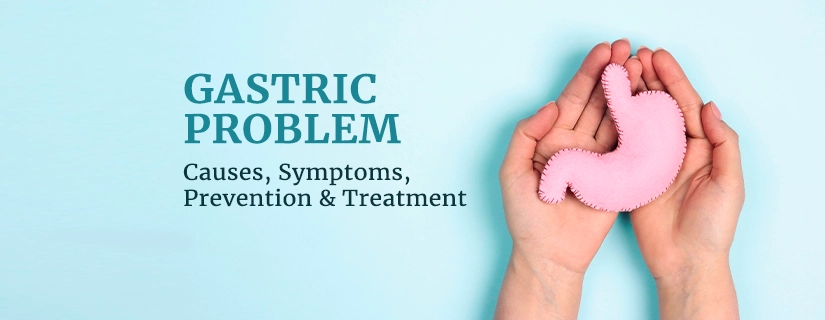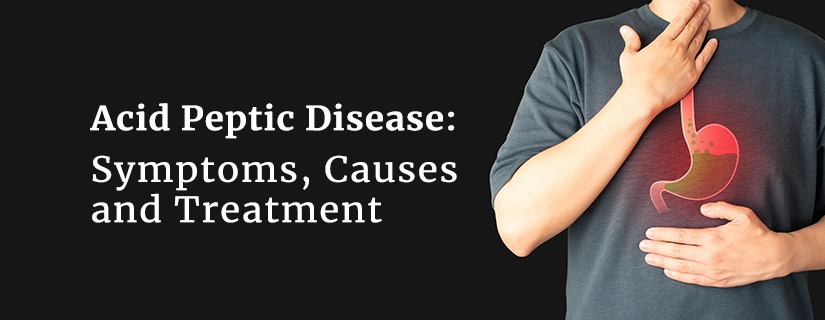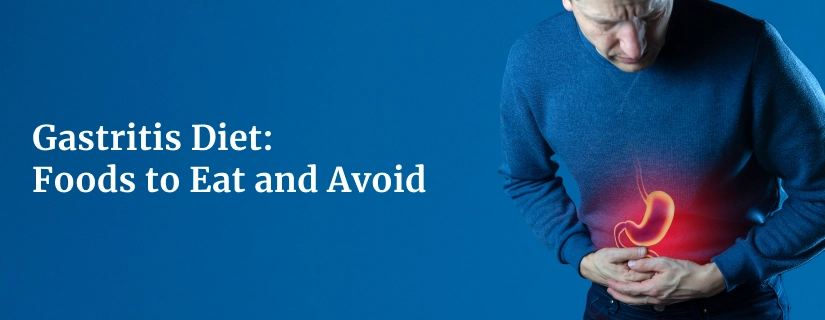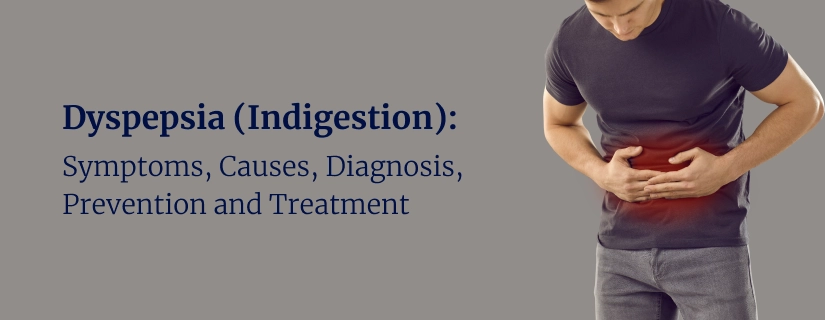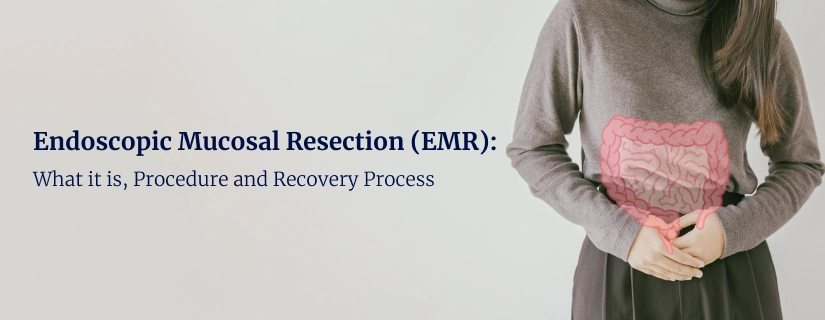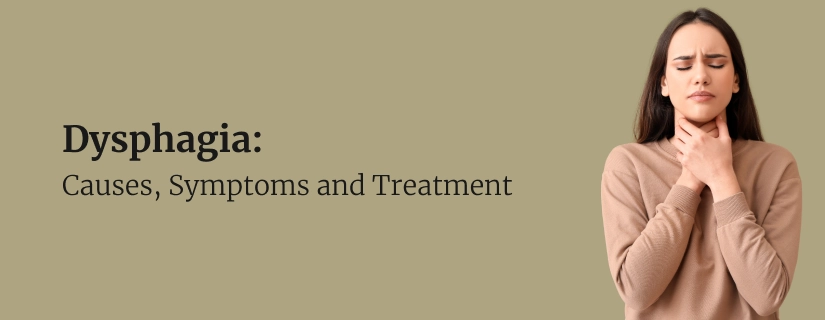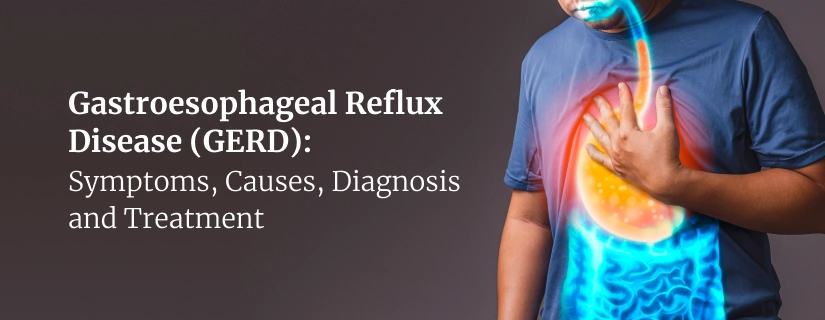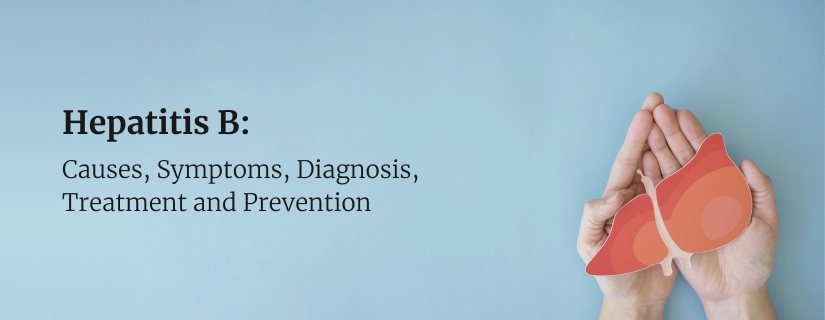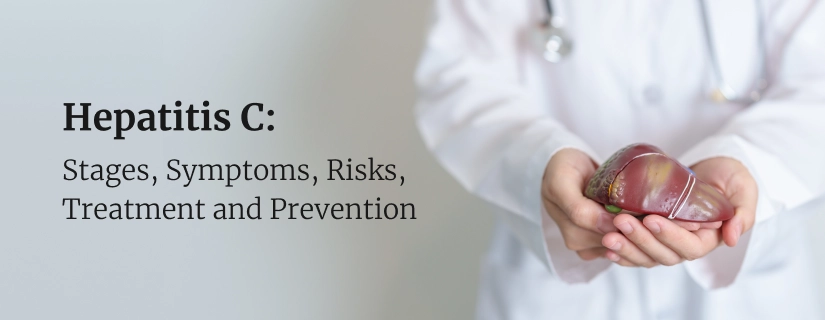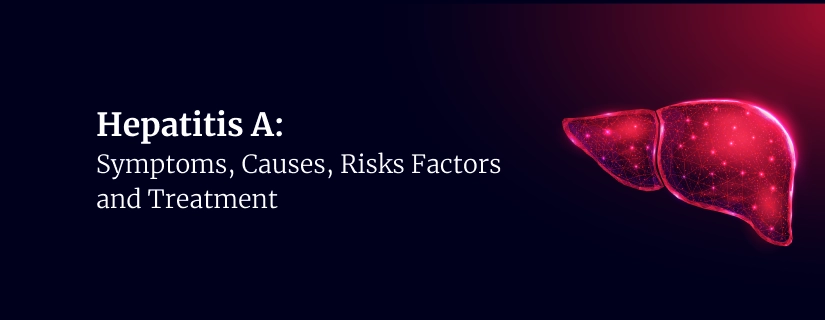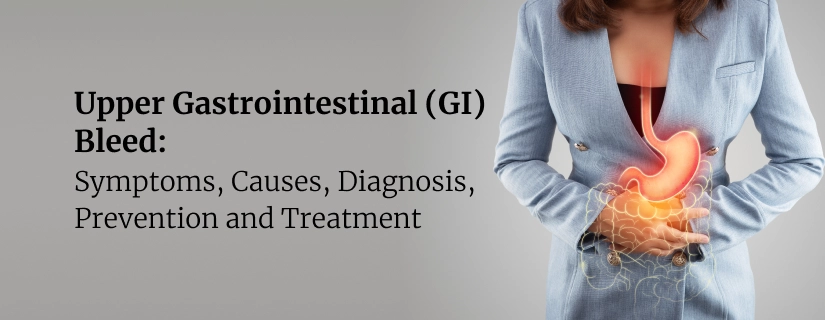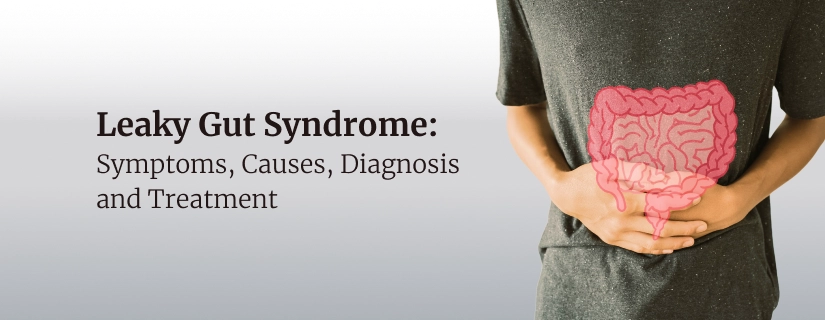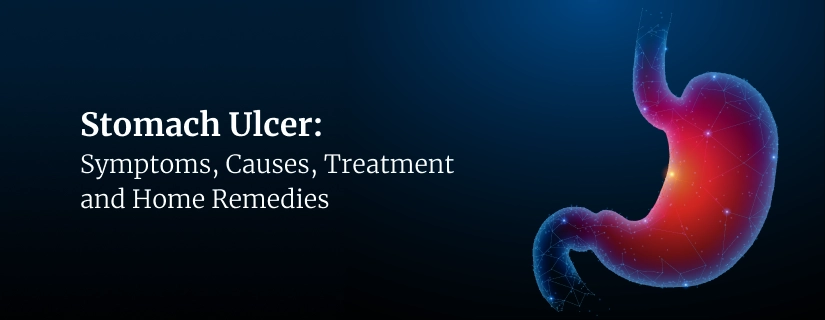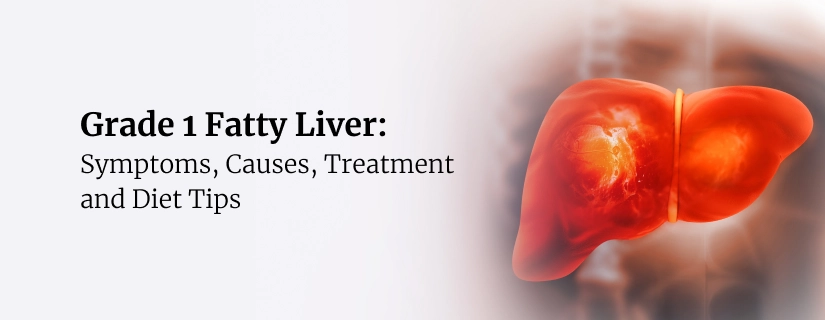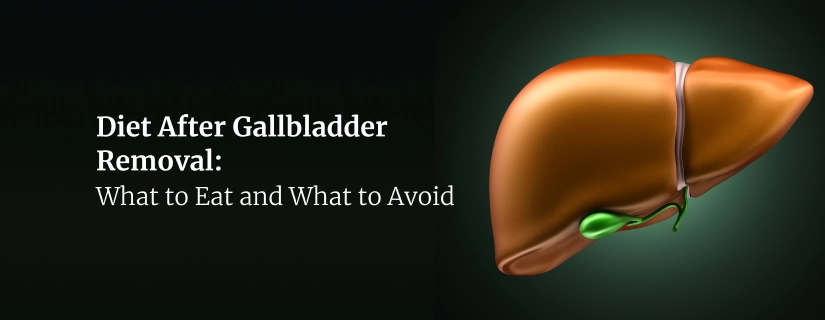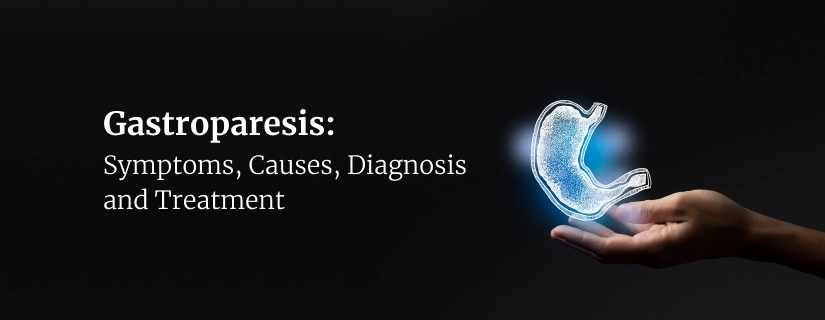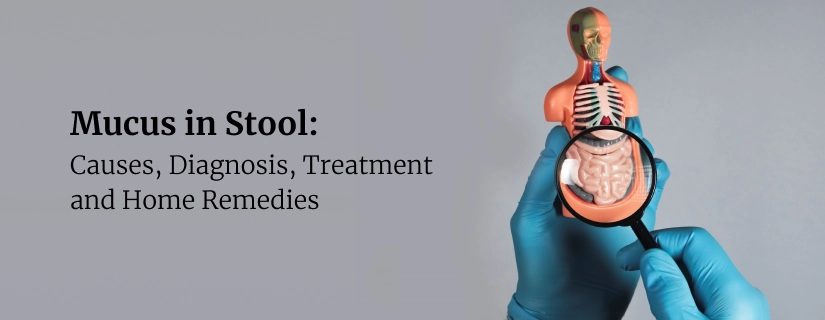-
Doctors
-
Specialities & Treatments
Centre of Excellence
Specialties
Treatments and Procedures
Hospitals & Directions HyderabadCARE Hospitals, Banjara Hills CARE Outpatient Centre, Banjara Hills CARE Hospitals, HITEC City CARE Hospitals, Nampally Gurunanak CARE Hospitals, Musheerabad CARE Hospitals Outpatient Centre, HITEC City CARE Hospitals, Malakpet
HyderabadCARE Hospitals, Banjara Hills CARE Outpatient Centre, Banjara Hills CARE Hospitals, HITEC City CARE Hospitals, Nampally Gurunanak CARE Hospitals, Musheerabad CARE Hospitals Outpatient Centre, HITEC City CARE Hospitals, Malakpet Raipur
Raipur
 Bhubaneswar
Bhubaneswar Visakhapatnam
Visakhapatnam
 Nagpur
Nagpur
 Indore
Indore
 Chh. Sambhajinagar
Chh. SambhajinagarClinics & Medical Centers
Book an AppointmentContact Us
Online Lab Reports
Book an Appointment
Consult Super-Specialist Doctors at CARE Hospitals
Blood in Stool - Causes, Symptoms, Treatment & Prevention
Updated on 2 November 2022

What happens when you find blood in the stool? Blood in the stool occurs when one bleeds in the gastrointestinal tract. The gastrointestinal tract includes various organs like the stomach, small intestine, large intestine, etc. If you see blood in your stool, then you should consult your doctor. Let us have a look at the causes and treatment for blood in stool.
Causes of Blood in Stool
There are multiple reasons for blood in the stool. Here are some of them.
Haemorrhoids:
Haemorrhoids are defined as swollen veins inside the anus and are a common cause of blood occurring in the stool. According to reports, almost 1-2 in 20 people suffer from haemorrhoids. They become common with age. The blood due to this is bright red in colour and symptoms include itching and pain in and around the anus.
Anal Fissures:
A common symptom of blood in the stool in anal fissures is caused by anal sex, diarrhoea, childbirth, large, hard stools, etc. One may feel a skin tag, itching, anal spasms, and pain in the bowel if one has anal fissures.
Inflammatory Bowel Disease:
IBD occurs when the immune system responds incorrectly to triggers such as viruses or bacteria and leads to inflammation of the gut. A family history of IBD is also a contributory factor. Other symptoms include bloating, diarrhoea, anaemia, weight loss, abdominal pain, etc.
Infection:
Infection is another reason for blood appearing in the stool. Infection in the gut causes dysentery, also known as bloody diarrhoea. Dysentery is caused due to various bacteria and parasites. Other symptoms include fever, abdominal pain, vomiting, nausea, etc.
Miscellaneous Causes:
There are several other causes that can result in blood in the stool. They are,
- Inflamed colon
- Inflamed stomach lining
- Inflamed digestive tract
- Inflamed rectum
- Constipation
The causes of vomiting are,
- Gastric ulcers
- Oesophageal ulcer
- Mallory Weiss tear
- Duodenal ulcer
If a person has any of these symptoms, then it is mandatory to see a doctor, who will perform a clinical examination, get some tests done and start treatment. Let us discuss some treatments for the causes mentioned above.
Symptoms of Blood in Stool
The most obvious and concerning symptom of blood in stool is the presence of red or maroon-colored blood during or after bowel movements. However, the accompanying symptoms can provide valuable information about the underlying cause. Here are some additional blood in stool symptoms may include:
- Changes in Stool Color: In some cases, the blood may not be visible, and stool may appear black or tarry (melena), indicating that the blood has been partially digested.
- Abdominal Pain: Some conditions, such as diverticulitis or inflammatory bowel disease, can cause abdominal pain, cramping, or discomfort.
- Changes in Bowel Habits: Blood in stool may be associated with changes in bowel movements, such as diarrhea or constipation.
- Fatigue and Weakness: Chronic blood loss through the GI tract can lead to anemia, resulting in fatigue, weakness, and paleness.
- Weight Loss: Unexplained weight loss may occur in certain GI conditions, including inflammatory bowel disease and cancer.
Diagnosis of Blood in Stool
Diagnosing the cause of blood in stool requires a comprehensive evaluation by a healthcare provider. The diagnostic process may include:
- Medical History: Your doctor will inquire about your medical history, including any previous GI issues, medications, dietary habits, and family history of GI conditions.
- Physical Examination: A physical examination may reveal signs of hemorrhoids, anal fissures, or other issues related to the GI tract.
- Stool Analysis: A stool sample may be collected and analyzed to check for the presence of blood and signs of infection.
- Colonoscopy or Endoscopy: These procedures involve inserting a flexible tube with a camera into the rectum to visualize the GI tract and identify any abnormalities or sources of bleeding.
- Imaging Tests: X-rays, CT scans, or MRI may be performed to assess the condition of the GI tract and surrounding organs.
Treatment of Blood in Stool
1. Treatment for Hemorrhoids
The first way to treat haemorrhoids is to undergo some lifestyle changes that help ease and prevent haemorrhoids. Follow the steps mentioned below,
- Drink plenty of water.
- Add fibre-enriched foods to your diet to avoid constipation.
- Use wet wipes to clean the anus. This will help in relieving you from itching as well.
- Don’t restrain yourself if you wish to go. This can worsen the situation.
2. Treatment for Anal Fissures
Anal fissures can heal without any treatment at home. Here are the steps to follow:
- Drink fluids and add fibre to your diet like fruits and vegetables.
- Try intaking fibre supplements. It will help if eating fruits and vegetables is not helping much.
- Take a warm bath to increase the blood flow in the area, thereby relaxing the anal muscles.
- Use topical medicines/ pain relievers to ease the pain.
3. Treatment for IBD
There is no permanent cure for IBD. But proper treatment can help you manage the condition. Treatment for IBD includes,
- Anti-inflammatory drugs
- Biologic drugs to prevent proteins from causing inflammation
- Immuno-suppressants, block the immune system from attacking the body
- Optimising nutrition
4. Treatment for Infection
Oral rehydration is very important in such cases. Depending upon the severity of the condition, antibiotics are prescribed by the doctor. They reduce the duration of illness along with the time period in which the infection can be transmitted. One should see a doctor when,
- Pain that persists and worsens over time
- Blood that is dark and thick
- Symptoms that don’t get better within two weeks
- Black and sticky stool
Prevention of Blood in Stool
While some causes of blood in stool may not be preventable, adopting certain lifestyle measures can reduce the risk of GI issues:
- High-Fiber Diet: Consuming a diet rich in fruits, vegetables, whole grains, and legumes can promote regular bowel movements and prevent constipation.
- Hydration: Staying well-hydrated can help maintain soft stools and ease bowel movements.
- Regular Exercise: Engaging in regular physical activity can promote healthy digestion and prevent sedentary-related GI issues.
- Avoiding Straining: Avoid straining during bowel movements, as it can increase the risk of hemorrhoids and anal fissures.
- Annual Check-ups: Undergoing regular check-ups and screenings, such as colonoscopies, as recommended by your healthcare provider based on age and risk factors, can aid in the early detection and prevention of GI conditions.
The simplest ways, for the prevention of blood in stool, are to increase the intake of fibre in food, exercise daily to be healthy, eat only healthy food (largely fruits and vegetables), follow a diet plan, bathing daily, and keep the anal area clean and not straining too much while excreting.
It is essential to seek immediate care if one feels weak, dizzy, or confused. Blood in stool is commonly seen in elderly people. However, there are some instances, wherein the condition is seen in children as well. That is why, whenever one is feeling dizzy, experiencing loss of breath, pain in the abdomen, or any of the symptoms mentioned above – it is important to take certain measures.
Thus, if one experiences any of these symptoms, then it indicates the need for medical attention from CARE Hospitals in order to diagnose and treat the condition.
FAQ's
Is blood in your stools serious?
Yes, blood in stools can indicate various conditions, some of which can be serious. It's essential to get it checked by a healthcare professional.
When should I be worried about blood in my stool?
Any unexplained blood in stools, especially if accompanied by other symptoms like abdominal pain, changes in bowel habits, or weight loss, warrants prompt medical attention.
Can spicy food cause blood in stool?
Spicy foods themselves usually do not cause blood in stools. However, they might irritate the digestive tract, leading to discomfort or exacerbating an existing condition that causes bleeding.
What foods can cause blood in stool?
Foods typically do not cause blood in stools. However, certain conditions, like hemorrhoids, inflammatory bowel disease, or gastrointestinal ulcers, can result in blood in stools.
Can stress cause blood in stool?
Stress itself isn't a direct cause of blood in stools. However, stress might exacerbate certain digestive conditions that could lead to bleeding, such as ulcers or irritable bowel syndrome (IBS).

ENQUIRY FORM
SELECT CATEGORIES
-
Neurosciences (16)
-
Neurology (37)
-
Neurosurgery (14)
-
Orthopaedics (48)
-
Oncology (33)
-
Obstetrics and gynecology (52)
-
Pulmonology (23)
-
Urology (20)
-
Nephrology (13)
-
Psychiatry (7)
-
Dietetics and Nutrition (111)
-
General Medicine (63)
-
Cardiac Sciences (32)
-
Vascular & Endovascular Surgery and Interventional Radiology (15)
-
Gastroenterology (46)
-
Endocrinology (23)
-
Plastic Surgery (10)
-
Critical Care Medicine (5)
-
COVID-19 (16)
-
Dermatology (16)
-
Emergency Care (1)
-
Ophthalmology (4)
-
Pediatrics (14)
-
Laparoscopic and Bariatric Surgery (8)
-
ENT (15)
-
Kidney Transplant (1)
-
Liver Transplantation and Hepatobiliary Surgery (5)
-
General Surgery (3)
-
Internal Medicine (5)
-
Medicine Information
16 Foods That are Good for Your Liver
Appendicitis: Symptoms, Causes, Diagnosis, Treatment, Foods to Avoid and Prevention
YOU MAY ALSO LIKE
RECENT BLOGS
-

Preterm Birth (Premature Birth): Symptoms, Causes, Treatment and Prevention
13 May 2025
Read More
-

Rotablation Angioplasty: Benefits, Treatments, And Recovery Time
9 May 2025
Read More
-

What Is The Difference Between IUI and IVF?
9 May 2025
Read More
-

Venous Malformations: Causes, Symptoms, and Treatment
30 April 2025
Read More
-

Varicose Vein Foam Sclerotherapy: Treatment, Benefits, and Procedure
30 April 2025
Read More
-

Radiofrequency (RF) Ablation Treatment for Varicose Veins: Know More
30 April 2025
Read More
-

Varicose Vein Sclerotherapy: Treatment, Benefits, and Procedure
30 April 2025
Read More
-

Varicose Vein Endovenous Laser Ablation: Procedure, Benefits, Risks
30 April 2025
Read More
Have a Question?
If you cannot find answers to your queries, please fill out the enquiry form or call the number below. We will contact you shortly.











